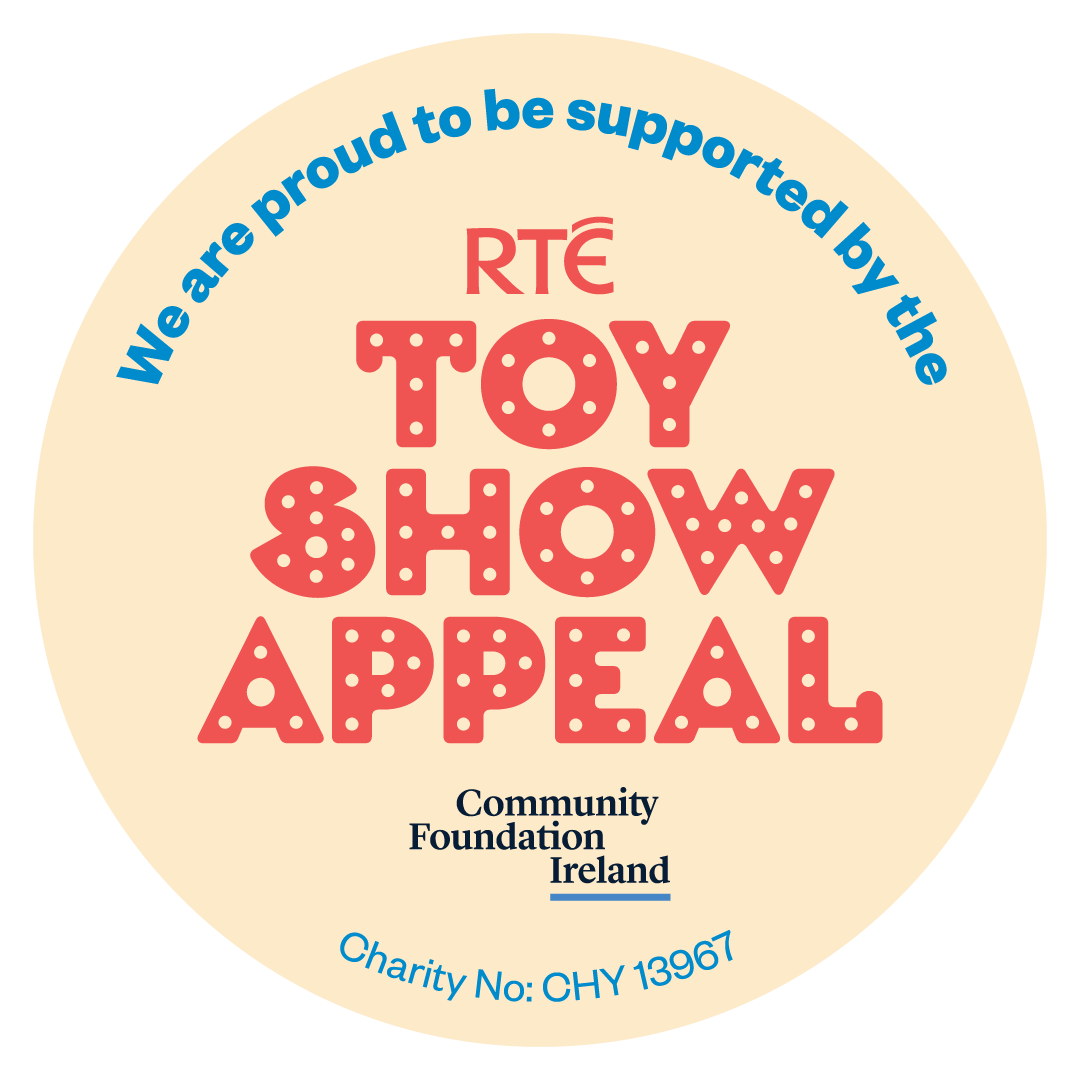COVID-19
Helpful advice and information
Here’s the latest guidance on COVID-19 as well as lots more useful information and resources.
Covid 19 is still with us, and people with Down syndrome are particularly vulnerable. Make sure that you are aware of the current HSE advice to help keep you and your loved ones safe and well.
We at Down Syndrome Ireland are doing all we can to support our members and anyone who needs help. Don’t hesitate to pick up the phone if you need us. You can reach out to any of our team and you’ll find our contact details on our team member page.
Our Clinical Nurse Specialist for children with Down syndrome Fiona Mc Grane is also available to provide advice and support. Fiona can be contacted via email at fiona.mcgrane@tuh.ie or alternatively on 0878334916.
Hygiene is a very important aspect of safety for those that are most vulnerable to the virus. The video below from the World Health Organisation (WHO) demonstrates the correct process for washing hands – which we would advise everyone to be aware of and practice.
Resources
DSI: Coronavirus, Easy Read Guide – This easy read guide has been developed to help children and adults with Down syndrome understand the Coronavirus.
DSI: How to wear a face mask, Easy Read Guide – In this useful easy read guide we cover the ‘how-to’ of wearing a face mask for people with Down syndrome.
DSI: If you would prefer not to wear a face mask, Card Print Outs – This printable card was created so that people with Down syndrome may carry them if they are unable to wear a face-covering due to feeling anxious or discomfort.
DSI: Vaccination, Easy Read Guide – We developed a vaccination easy read guide to help people with Down syndrome understand what a vaccine is, how it works and why it’s needed.
HSE Covid-19 Public Information Booklet – Covid-19 Public Information Booklet (Easy Read) released online by the HSE, it features commonly asked questions about the virus.
Tips for assessing illness in a child with Down syndrome – This visual guide for assessing the physiological and behavioural differences to assess sickness was made by a doctor who is also a parent of a child with Down syndrome, it includes tips for triaging and treating a child with Down syndrome.
HSE Health Passport – Health passports are very important for people with disabilities, especially people with communications difficulties. A health passport allows health professionals to treat the person and cater to their individual needs. You can also access this Guidance Document to assist family members/ carers in truly capturing the health needs and preferences of the individual supported.
For parents and carers
Managing emotions and behaviour – Often fear, anxiety and uncertainty can trigger (or amplify) behaviour problems. Our Member Support team have developed coping and management strategies to help parents.
Early Years –Tips for helping you and your child communicate, expert information prepared by Nicola Hart, our Speech and Language Advisor and head of our Member Support Team. She has compiled guidance on how your child learns to speak and use language as well as tips for helping you and your child communicate with each other and the world in the best possible way. The information is broken down into life stages from the early years right up to adulthood.
Communication Development Activities – These resources have been developed by our Early Years Specialists. We use these activities in individual and group therapy sessions. These activities can be easily carried out at home as each activity is nice and short. You can do one, some, or all of these activities. You may choose to do them daily or weekly, it’s completely up to you:

